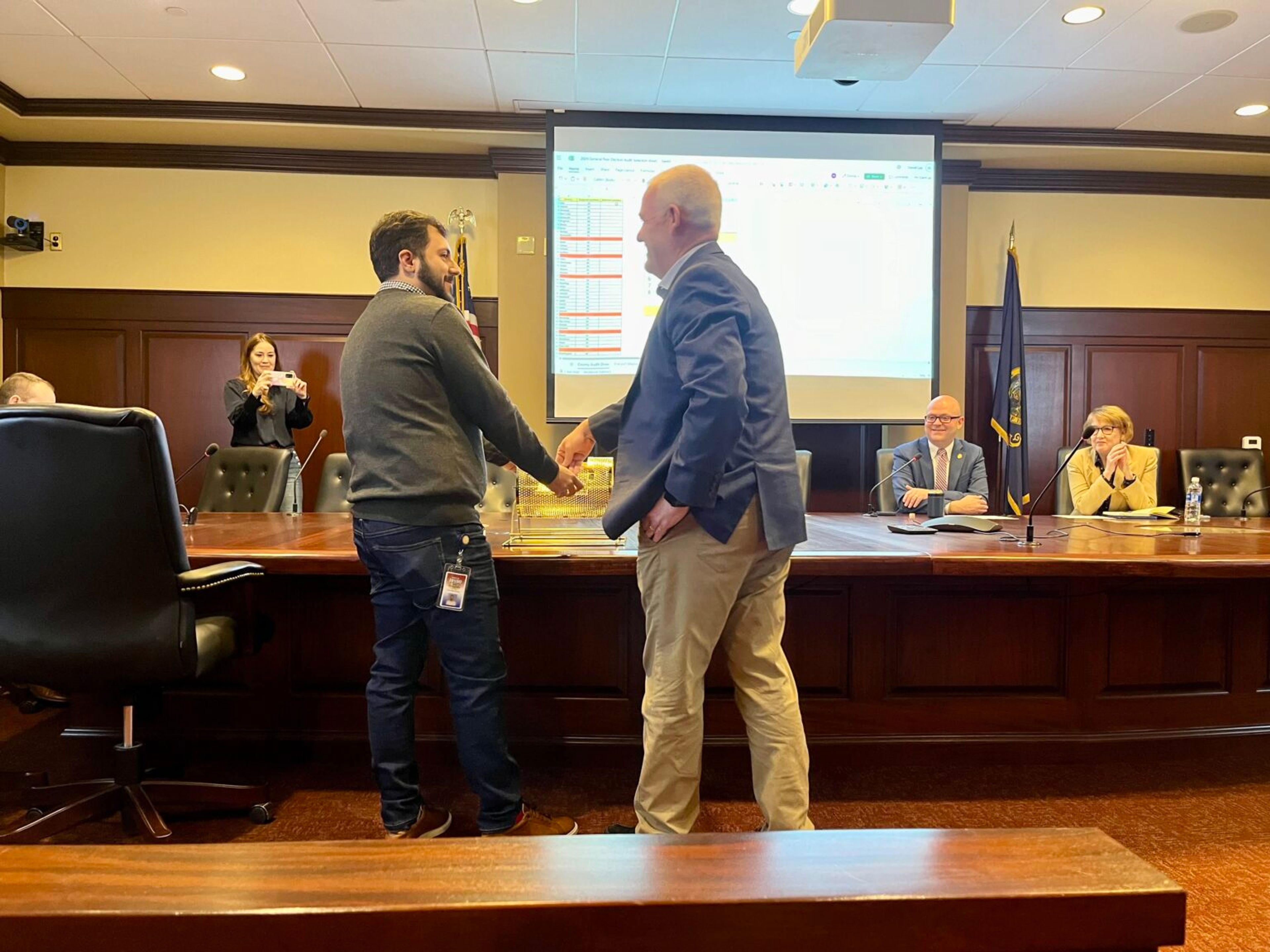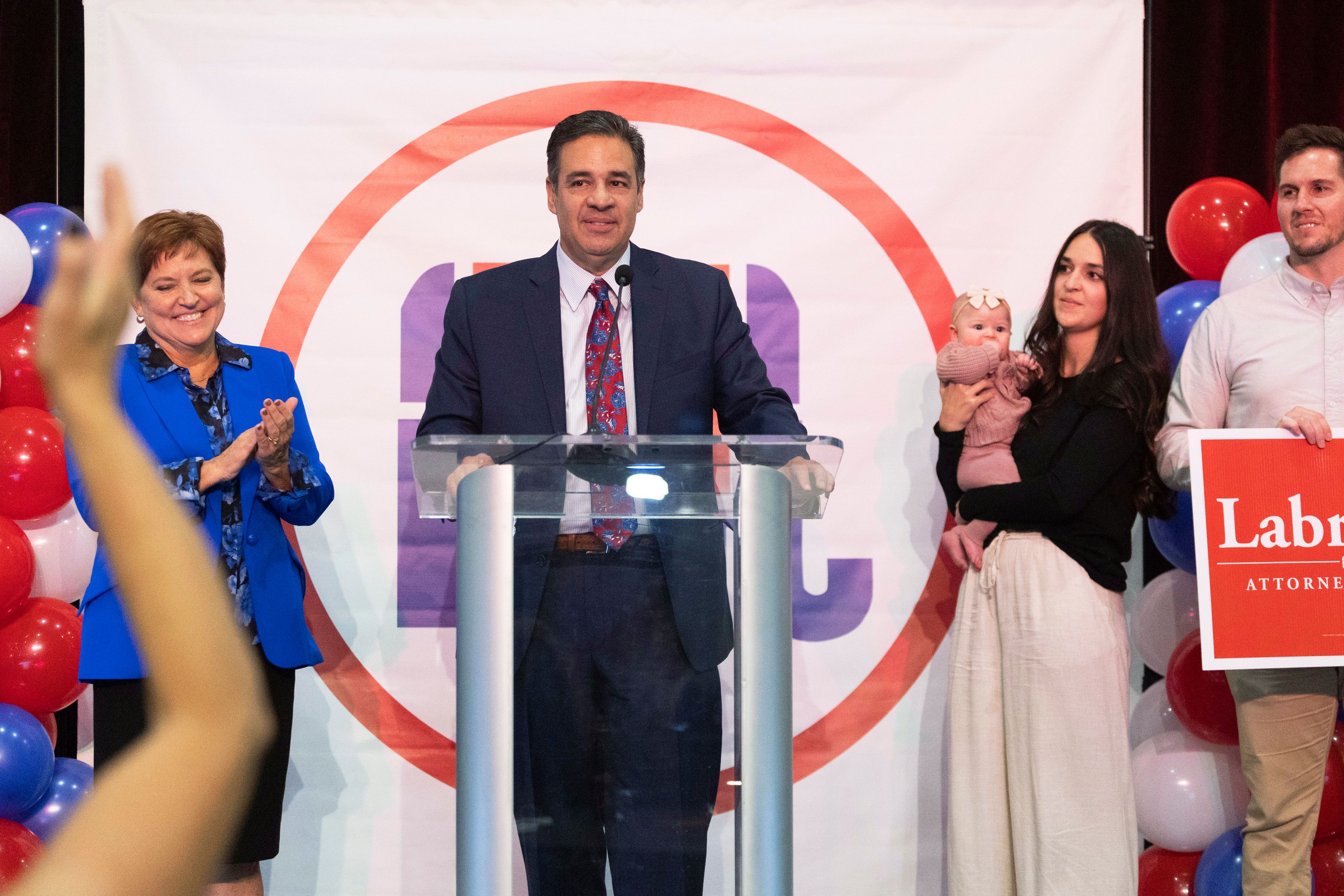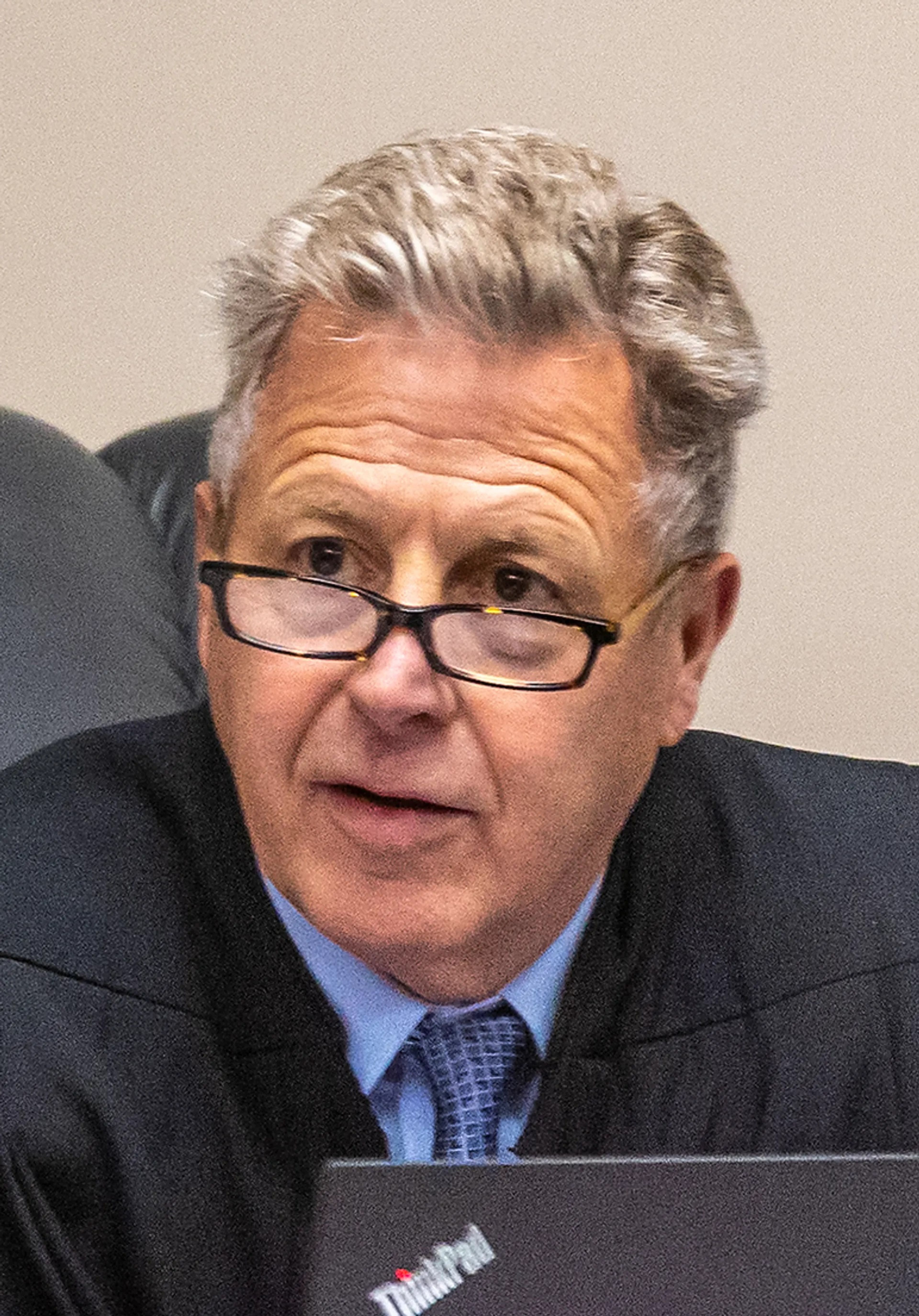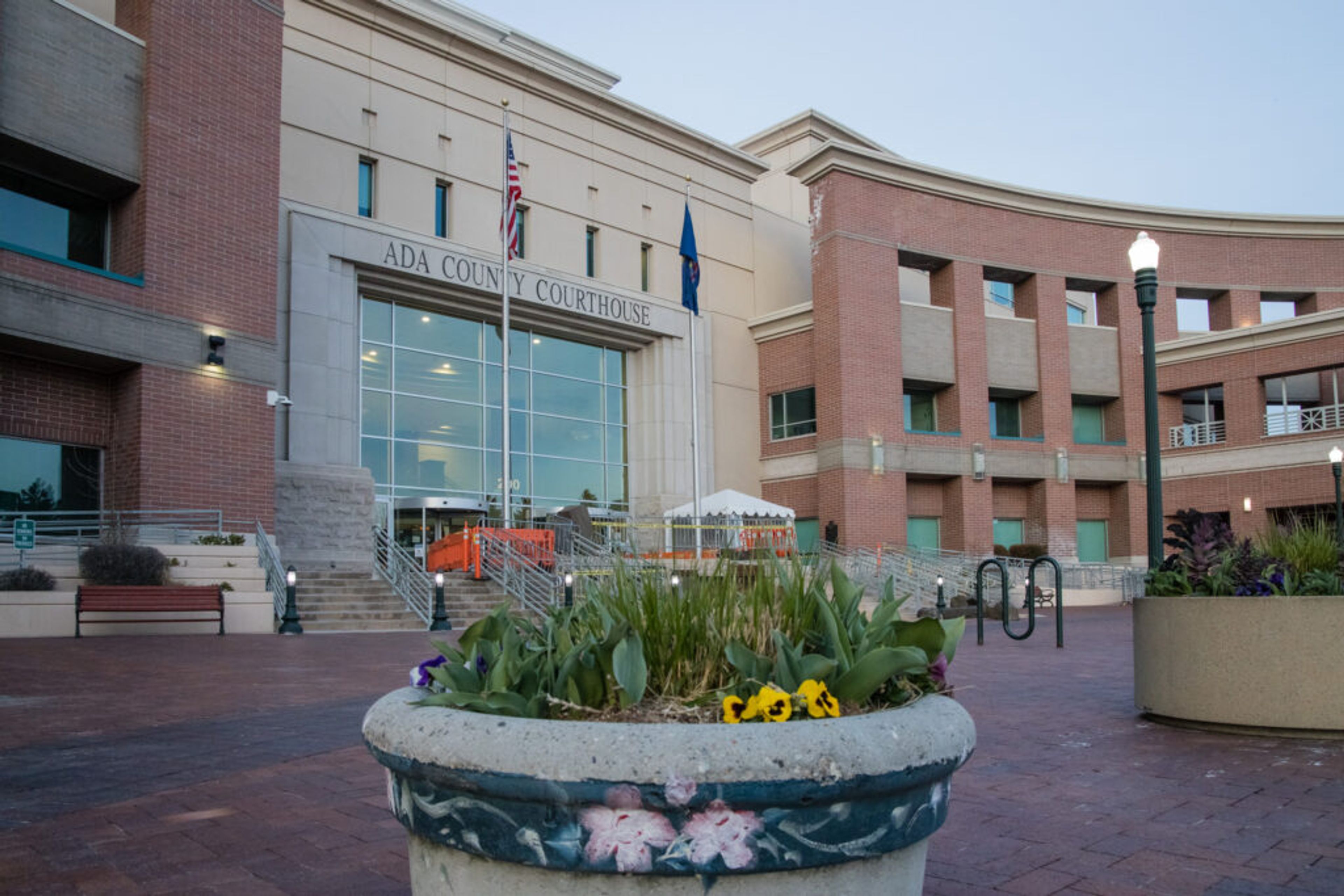Judge: Simpson case justifies opposition to cameras in court
BOISE For 4th District Judge Alan Schwartzman, the O.J. Simpson trial justified his opposition to allowing cameras in the courtroom.
And he is not alone as Idaho continues its one-year experiment with televised court proceedings.
"It can become a mini-drama like it did in the O.J. Simpson trial," Schwartzman said Tuesday. "That would not happen in my courtroom. I won't have it."
As the most-televised murder case ever, the Simpson trial reopened the national debate over allowing cameras in courtrooms. Ada County Prosecutor Greg Bower said after watching the verdict announced on television that the case raised fears "that somehow we'd end up selling the process as entertainment."
On Feb. 15, the Idaho Supreme Court ordered that for one year cameras could be granted access to district and magistrate courts, as long as the presiding judge approved.
That order made Idaho the 47th state to allow cameras in courtrooms. In five months, the high court will rethink its decision by either ending or extending the yearlong experiment.
"The O.J. trial has definitely tainted everybody's perception of having cameras in the courtroom, but we're not like that here," said KBCI-TV news director Mark Montgomery, who served on the Idaho Supreme Court's committee on cameras in the courtroom. "We can avoid turning it into a circus.
"I think the Idaho media does an excellent job. And I certainly hope the Supreme Court continues to allow us access."
Frances K. Zemans, executive vice president of the American Judicature Society in Chicago, said having cameras in court is essential.
"It's the only way that the public can get real access to the courts," Zemans said. "I think what the television has allowed the people to do is to see the system in action warts and all."
In fact, she said, heightened interest in the judicial system as a result of the Simpson trial may prompt the public to demand reform.
"My personal opinion is that (cameras) should not be allowed," said Idaho State Bar Association President Ron Wilper. "It leads to the potential for the parties the attorneys, the judge, and even the jury to be distracted from the case."
Schwartzman has tried to compromise by allowing cameras access during arraignments, opening and closing arguments, verdicts and sentencings. But he firmly opposes gavel-to-gavel coverage during a trial.
"My job would be a lot easier if this experimental order had not been issued, because we now have another layer of decisions to make," the judge said. "But I have tried to accommodate the media."








